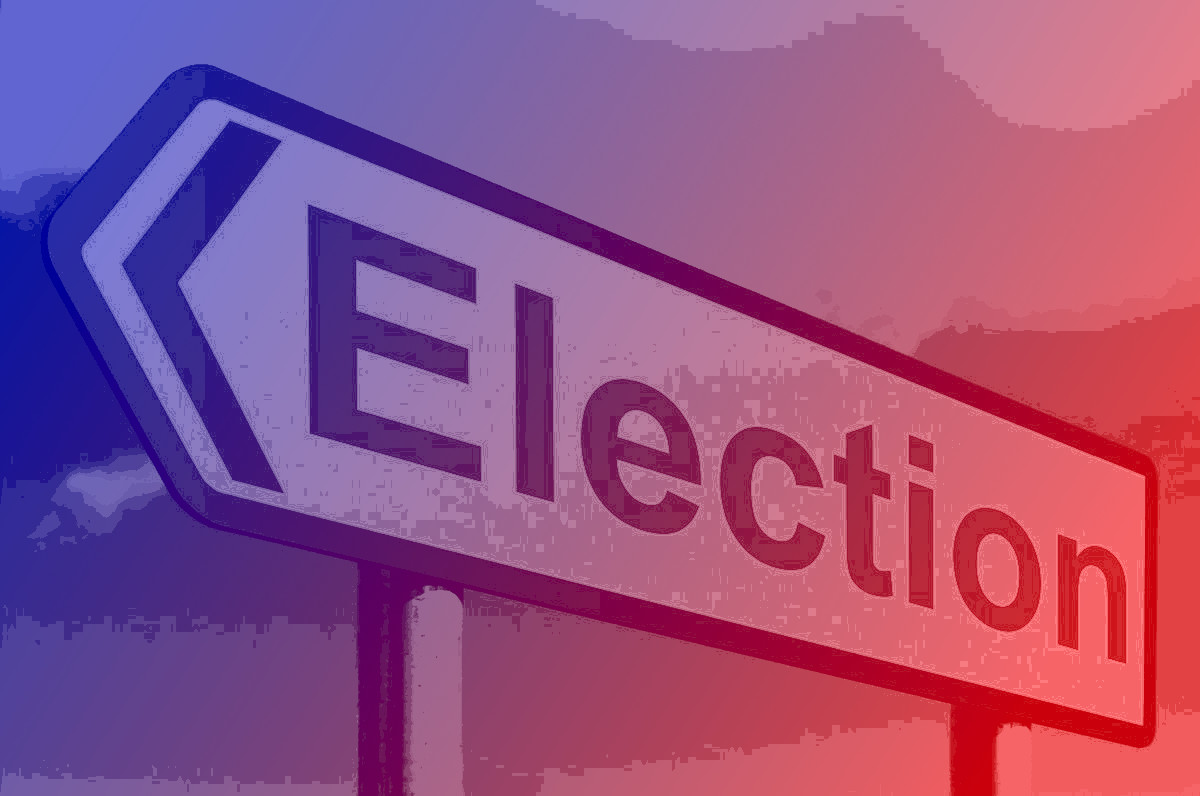Over the last year, few political factions have generated as much media attention as the so-called Republican Resistance – that is, GOP operatives who vocally oppose the President. Organizations like the Lincoln Project and Republican Voters Against Trump (RVAT) are attempting to convince rank-and-file GOP voters that the country’s interests would be better served by a Biden presidency than by Donald Trump.


To find out, I used the People Pattern platform to analyze 5,000 Twitter followers from both the Lincoln Project and RVAT. First, I ran an Audience Summary Report and looked through the post-level data to determine which issues this composite audience is most passionate about.


I’m not sure about you, but some of this phrasing strikes me as distinctly… non-Republican. Maybe I was expecting a bunch of Paul Ryan-style libertarians who felt driven to vote for a Democratic candidate because of the President’s liberal use of tariffs as a negotiating tactic. What I didn’t anticipate was thousands of angry tweets about Trump’s tax returns.
It was at this point that I began to suspect that the followers RVAT and the Lincoln Project attracted might not be Republican at all. I ran an External Influencers Report to determine which accounts the composite audience the composite audience followed and talked about, and my suspicions were confirmed.

In fact, excluding Trump himself, not a single one of the composite audience’s 100 most-followed accounts was a Republican politician. Meanwhile, 14 were Democratic politicians, and over half were progressive influencers like George Takei, Sarah Silverman, and Don Winslow. Not a Joe Rogan in the bunch.
Just to be certain, I tried a number of keyword searches through the audience’s bio and post data. The result: less than 10% professed any affiliation – past or present – with the GOP. Of those that did, over 80% identified as former Republicans.
To summarize, the vast majority of people attracted to political initiatives like RVAT and the Lincoln Projects are not Republicans. The number of voters who will support both Biden and their local GOP House Representative is exceedingly low, even in an audience that is ostensibly made up of exactly those people. Ticket splitting has been in a slow decline since the mid 1980s, but the practice plummeted sharply in 2008 and again in 2016. This may be the year we officially declare it dead.


Recent Comments